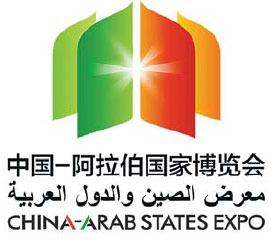|
Government officials and businesspeople from China and Arab countries attend the expo in 2013. |
It will also provide a space for dialogue between political leaders to discuss cooperation between China and Arab countries in the context of Beijing's ambitious plan to revive the ancient land-based and maritime silk roads, known as the Belt and Road Initiative.

Local authorities aim to use the expo as a catalyst to further open Ningxia, a remote inland region, and turn it into a springboard for China's trade and exchanges with Arab countries.
"Ningxia can serve as a window for China to expand its contact with the Arab world," said Li Jianhua, Party head of Ningxia. "The expo will provide such a platform for business, diplomatic and cultural exchanges between the two sides."
Trade between China and Arab nations reached $251.2 billion last year, up 5.2 percent from the previous year, according to the Ministry of Commerce.
China has become the second-largest trading partner for Arab countries and the most important export market of crude oil. Arab countries are also a major market for construction projects by Chinese companies and key suppliers of energy and natural resources to China.
President Xi Jinping has set the goal of boosting China-Arab trade value to $600 billion by 2023.
Ningxia is home to more than 2.3 million Hui people, a majority of whom are practitioners of Islam, according to official figures. The cultural and religious links give Ningxia a natural advantage to forge strong ties with the Arab world, Li said.
